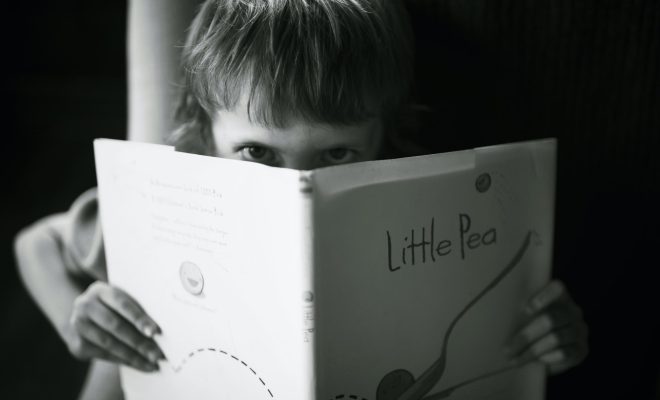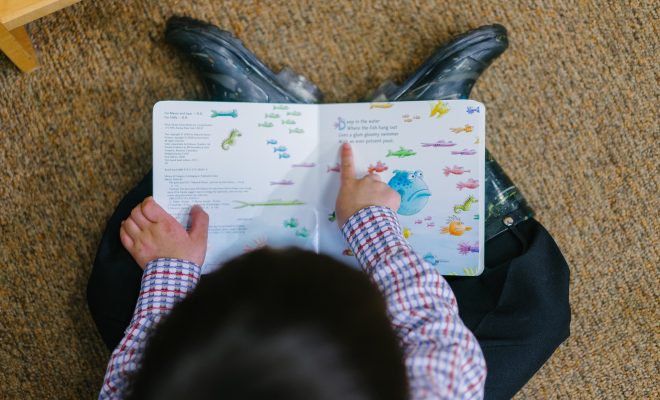What’s Your Parenting Style?

Today, psychologists recognize four major parenting styles: authoritative, permissive, authoritarian, and neglectful. Each style of parenting produces different results in the children being parented.
The first three parenting styles were labeled by psychologist Diana Baumrind in the 1960’s. She studied over 100 preschool-age children and identified various components of parenting, including communication styles, warmth and nurturing, disciplinary strategies, and parental expectations.
As a result of this study, Baumrind noted that most parents were either authoritative, permissive, or authoritarian. Later research added the fourth parenting style: neglectful.
Below, we’ll briefly describe each of these parenting styles and help you answer the question: What’s your parenting style?
Authoritative
Authoritative parents demonstrate “high responsiveness and high demands.” They’re extremely warm and responsive to the child’s physical and emotional needs, but they also hold the child to high standards. Expectations and boundaries are clearly and consistently enforced.
This parenting style generally produces the best results in children. Children raised by authoritative parents tend to be content, independent, cooperative, warm, competent, and assertive. They have good social skills and go on to be confident, academically successful, and engaged in positive activities. They have better mental health and are less prone to drug and alcohol use or violent tendencies.
Permissive
Permissive parents, too, are highly responsive. The difference is that permissive parents have low demands. They’re very loving toward their children, but they impose few guidelines or boundaries. They rarely attempt to discipline or control their kids. The rules that do exist are likely to be inconsistent and often unenforced.
As a result, children raised by permissive parents may struggle with self-control and self-esteem due to the lack of parental guidance, structure, or boundaries. They’re often demanding or entitled, and they tend to display low achievement due to the lack of expectations. They’re also prone to poor decisions and risky behaviors.
Authoritarian
Authoritarian parents have high demands and are less responsive and warm toward their children. They emphasize obedience and may enforce behavior with shaming, unexplained punishment, and threats. They’re impatient and unforgiving of mistakes, don’t offer choices to their children, and likely come across as cold and aloof.
Children raised by authoritarian parents may have low self-esteem and appear shy or fearful around others. They conform easily, have poor social skills, and may make poor choices because they haven’t had the opportunity to make their own decisions in the past. Some may behave aggressively outside of the home.
Neglectful
Neglectful parenting, also called uninvolved parenting, is characterized by both low demands and low responsiveness. Neglectful parents are emotionally distant and provide little to no supervision. They have few expectations and are often too consumed with their own problems to care for their children. As a result, they may intentionally avoid their kids.
Neglectful parenting produces emotionally withdrawn children who have an increased risk of substance abuse. They also feel fear or anxiety about their lack of family support, and they may push people away because they don’t want to depend on others.
Conclusion
There’s no one way to properly raise a child. However, research suggests that a balanced approach involving high responsiveness and high demands produces the best results.
Children need love and attention, but they also need discipline, boundaries, and guidance. If you aren’t an authoritative parent yet, making a few adjustments can help you raise a happier, more successful, and more confident child.






